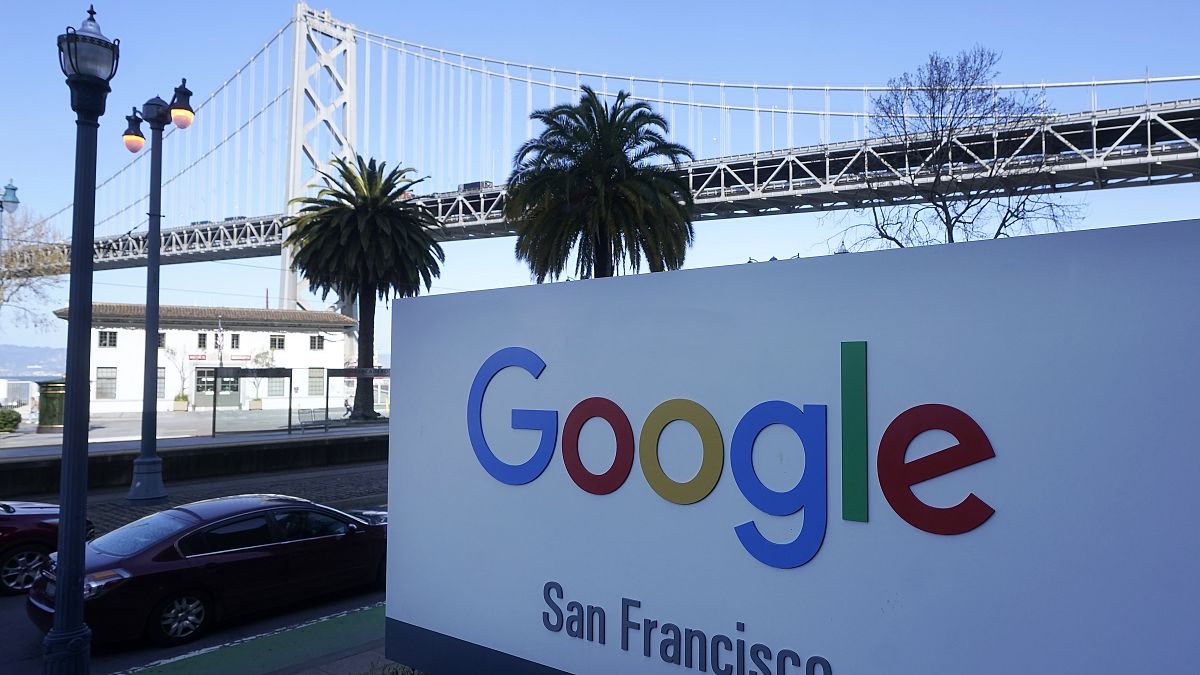Tech
DSA probes wrapped up in months, Commission’s US tech envoy says

EU Commission ‘not taking more time than needed’ handling investigations.
Ongoing investigations into online tech platforms under the Digital Services Act (DSA) should be wrapped up within months, rather than years, the European Commission’s tech envoy in San Francisco, Gerard de Graaf, told Euronews.
De Graaf, based in Silicon Valley since 2022, has been with the Commission for over 30 years, and was himself one of the masterminds behind the DSA. He was most recently director at the Commission’s digital unit responsible for the platform rules as well as the Digital Markets Act (DMA).
The Commission first began a first formal proceeding last December against Elon Musk’s X over possible breaches of the DSA in areas linked to content moderation, dark patterns and advertising transparency. The rules don’t prescribe a deadline for when probes should be wrapped up, but De Graaf said that the Commission “will not take more time than needed.”
“All the elements need to be on the table. All the platforms’ investigations are about a few grievances: it could be that the case continues with one or two elements, to not further delay it unnecessarily,” he said. Companies can also suggest remedies to address the issues at stake.
“It could take months, but not years [before it’s wrapped up],” he said, adding that further appeals at the Court of Justice cannot be excluded.
Companies need to comply with measures such as transparency and election integrity requirements under the DSA, which applied to all online platforms from 17 February, and to the large ones since August last year.
The Commission so far designated more than 20 Very Large Online Platforms (VLOPs) and search engines including Google, TikTok, Amazon, Meta and Shein: all with more than 45 million users per month in the EU and these face the strictest rules.
Election guidelines
De Graaf said the EU being on the ground in Northern California, the global heart of high tech and innovation, has made a difference over the past few years, citing election integrity as an example.
The EU Commission not only issued guidelines for platforms to be able to mitigate risks ahead of the EU vote in June, the executive also actively liaised with top management in Silicon Valley.
“We spoke with the platforms at the highest level to remind them to be responsible and to do everything they can to ensure spotless elections. A first analysis shows that nothing big happened, so perhaps those visits have helped,” De Graaf said.
The US is also heading to the polls in November, and a possible change of leadership could imperil the future of the Trade and Technology Council (TTC), a forum set up in 2021 for the US and the EU to coordinate approaches to key issues around global trade and digital affairs. On AI, both sides have worked towards common principles, and coordinated on risk assessment frameworks and cooperation between safety institutes.
Whether it will continue after November, is hard to say. “The discussions with the Biden administration were very constructive and there was support for Europe’s plans on AI and the DSA,” De Graaf said. “The EU and US are the world’s biggest trade partners. The fact that they have channels to communicate is important.”
In the meantime, the EU’s office at the US West Coast has grown from two employees in 2022 to six today, with the prospect two more arrivals later this year.
Besides talking to tech platforms about the EU rules, the employees spend a lot of time talking to California’s state politicians. The state has been an agenda setter within the US: it was the first to adopt data protection rules like Europe’s General Data Protection Regulation (GDPR).
“They are an important partner for us, and we invest time in it. They look at similar rules and more recently at AI governance. In Washington things are more at a standstill because of the elections but also because it’s very polarised,” De Graaf said.










